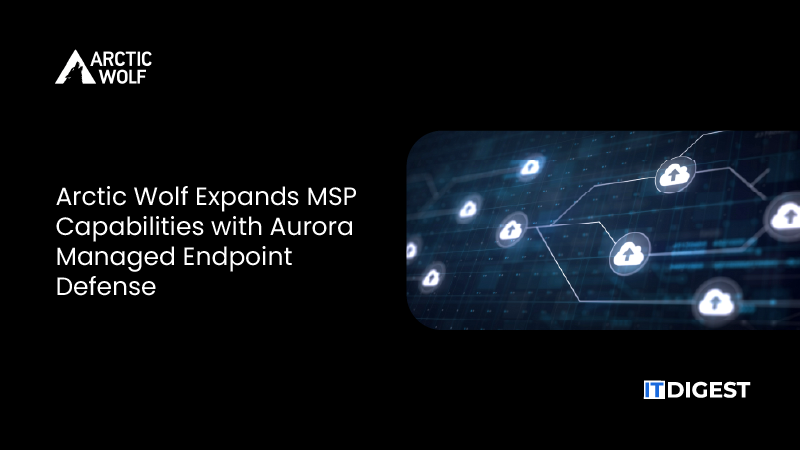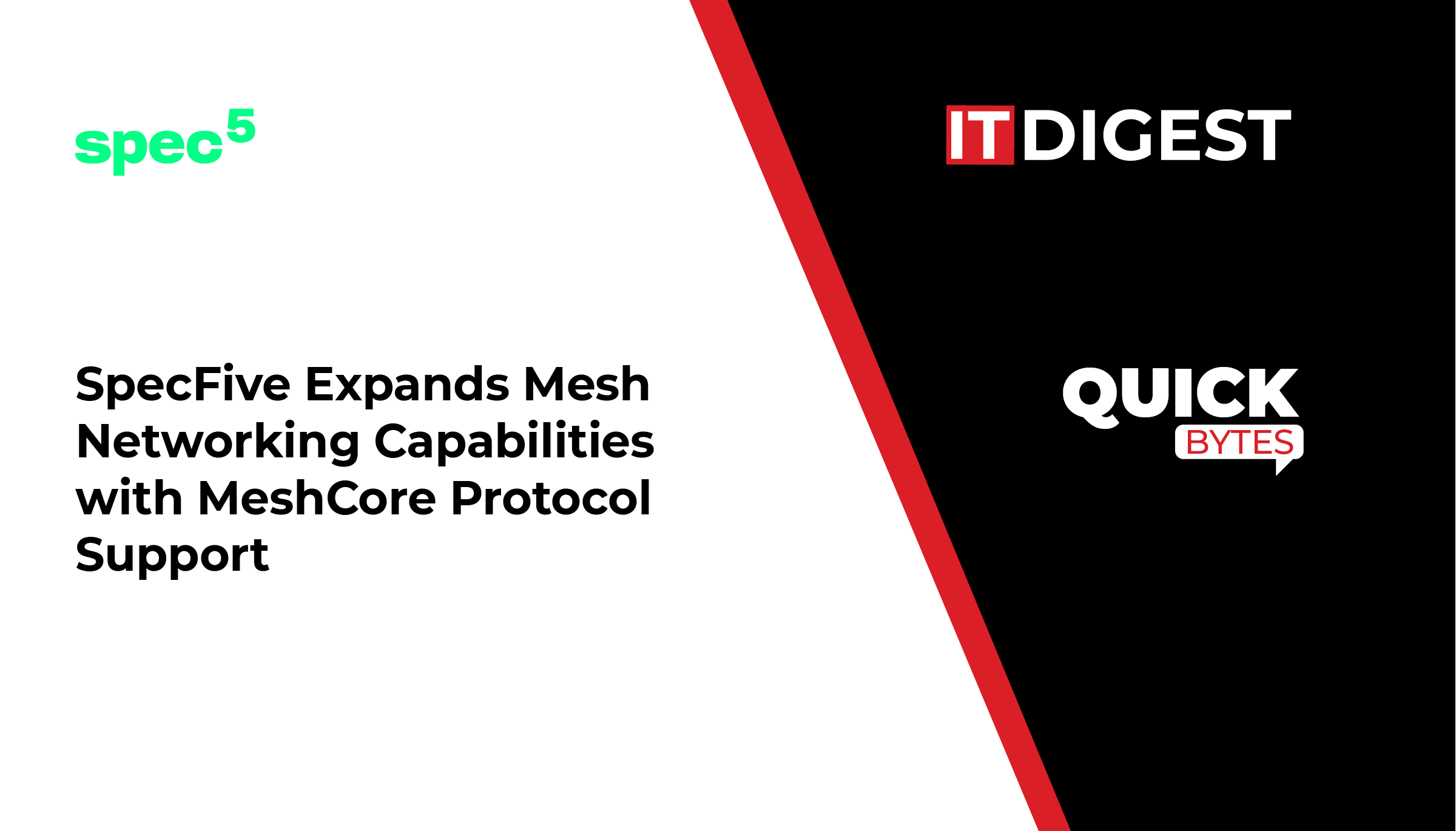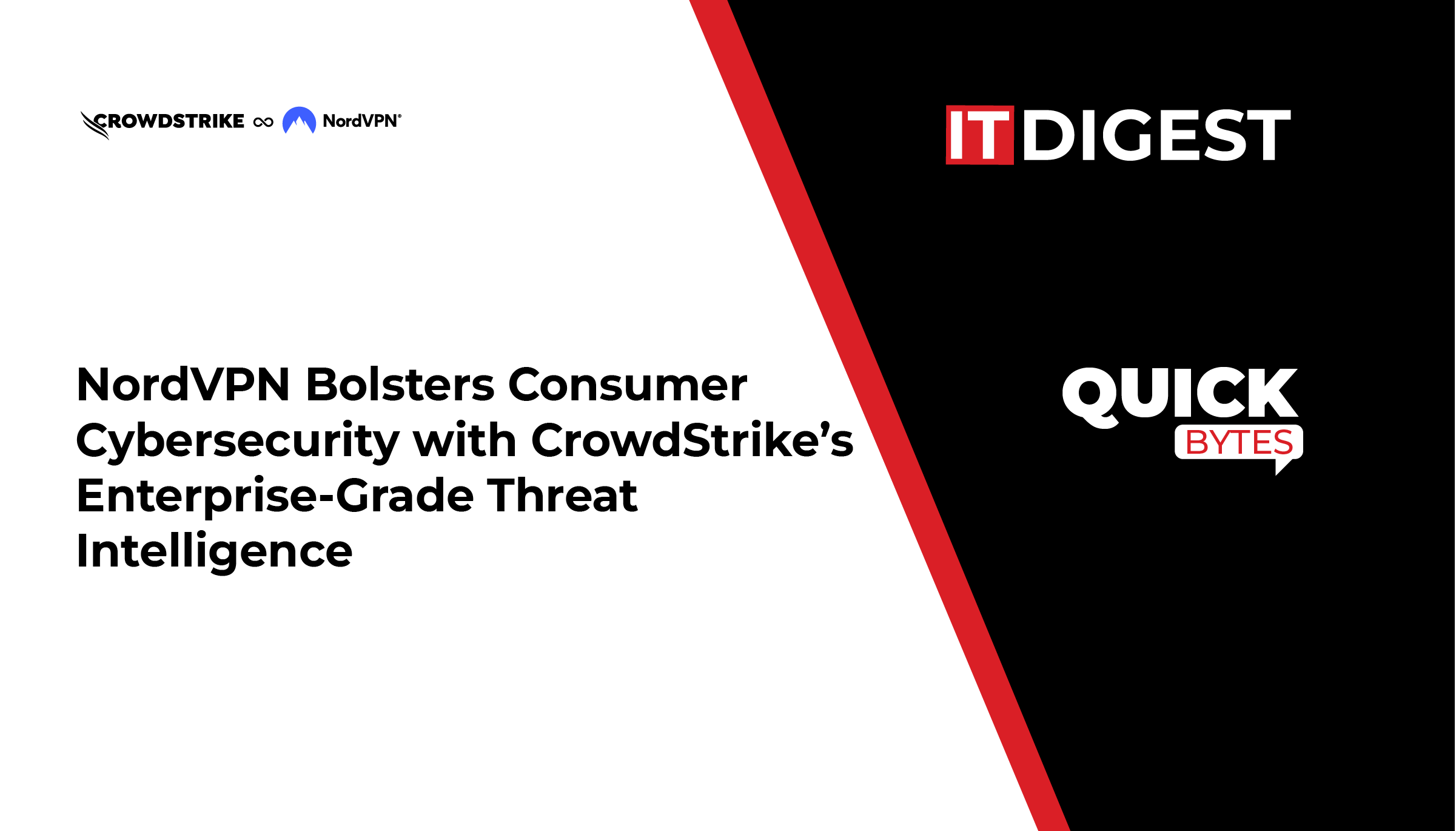Here is IT Digest’s weekly roundup of the top news from global markets. In this fast-paced world, breaking down information helps readers grasp the nuances that follow the news.
In Hardware and Network news this week…
As part of the new contract, DXC will develop an optimal, cost-effective cloud strategy on a large-scale project encompassing 122 physical locations. With advanced tools and agile methodologies, DXC will streamline Alstom’s essential IT architecture, modernizing its enterprise applications including SAP. To protect data and control costs, DXC will help Alstom maintain critical data center infrastructure at specific sites.“To accelerate our agility and lay the foundations for future growth, we needed secure and flexible IT infrastructure,” explained Stéphane Detruiseux, Chief Information Security Officer and Vice President of Technology at Alstom. “Migrating and optimizing our IT infrastructure to public and hybrid cloud environments is a key element of this transformation and working with DXC allows us to choose the most efficient and cost-effective solutions.”
IBM Launches $500 Million Enterprise AI Venture Fund
IBM announced that it is launching a $500 million venture fund to invest in a range of AI companies – from early-stage to hyper-growth startups – focused on accelerating generative AI technology and research for the enterprise. With a differentiated model and strategy consisting of domain expertise from across IBM and a dedicated portfolio development team, the IBM Enterprise AI Venture Fund will invest in current and future AI leaders that are helping businesses around the world realize the potential of AI for business. Led by a dedicated team at IBM with decades of combined experience as highly successful investors and enterprise AI experts, the fund will provide each startup with opportunities to develop meaningful partnerships with IBM, while gaining operational expertise on product and engineering and go-to-market strategies. IBM has a long history of bringing proven enterprise AI technology and capabilitie
In Computer Science news this week…
Bloomberg announced a new offering that enables customers of Google Cloud to accelerate their data strategies through the integration of Bloomberg’s cloud-based data management solution, Data License Plus (DL+), with BigQuery, Google Cloud’s fully managed, serverless data warehouse. With access to Bloomberg’s extensive experience managing, modeling, and delivering vast quantities of complex content, mutual customers can now receive their Bloomberg Data License (DL) data fully modeled and combined directly in BigQuery. This allows organizations to use Google Cloud’s advanced analytics capabilities to quickly and efficiently extract more value from critical business information with minimal data wrangling.
PayPal Names Archie Deskus as Chief Technology Officer
PayPal Holdings, Inc. announced the promotion of Archie Deskus to Executive Vice President, Chief Technology Officer (CTO) of PayPal, effective immediately. In this role, she will oversee PayPal’s global technology, engineering, and information organizations. In addition to enabling PayPal’s technology strategy, priorities, and data-driven operating model, Archie will lead the planning, management, delivery, and transformation of PayPal’s technology stacks, systems support and infrastructure. Deskus has served as PayPal’s Executive Vice President, Chief Information Officer (CIO) since March 2022.
CloudBees Appoints Raj Sarkar as Chief Marketing Officer
CloudBees, the leading software delivery platform for enterprises, named Raj Sarkar as its chief marketing officer. Earning a spot in the Forbes “Top 50 Entrepreneurial CMO” list in 2022, Sarkar comes with a rich, 20-year background focused on cloud-based software and technology. He will lead the company’s global marketing strategy and execution, expanding growth and extending market awareness. “Raj is an invaluable addition to the executive team as we embark on our cloud journey,” said Anuj Kapur, president and CEO, CloudBees. “His extensive background in marketing, product management and leadership within industry-leading software companies is perfect for CloudBees at this pivotal moment. As we launch our new DevSecOps platform, Raj’s talents and leadership will be key factors in our success.”
New KnowBe4 PhishER Plus Integrates With CrowdStrike Falcon Sandbox
KnowBe4, the provider of the world’s largest security awareness training and simulated phishing platform, announced a new integration between KnowBe4’s PhishER Plus and CrowdStrike Falcon Sandbox. Together, these offerings analyze user-reported malicious emails in a safe way without risking an organization’s environment. PhishER Plus is a very powerful tool that assists organizations in strengthening their email security defenses and acts as an additional final layer after existing secure email gateways (SEGs) and other cybersecurity layers fall short. The product leverages the world’s largest group of global users trained to spot and report real phishing attacks, powering a new KnowBe4 global threat feed. The triple-validated phishing threat feed automatically blocks phishing attacks before they make it into users’ inboxes. PhishER Plus is an upgraded version of KnowBe4’s existing PhishER product, with two new, exclusive features including the Global Blocklist and Global PhishRIP that integrate with Microsoft 365.

Serverless computing offers backend services on a pay-as-you-go basis, allowing users to write and deploy code without worrying about the underlying infrastructure. Users are charged based on their actual computation, avoiding the need to reserve or pay for fixed bandwidth or server quantities since the service auto-scales. Despite being called “serverless”, physical servers are still in use but hidden from developers. In the early days of web development, owning and managing physical servers was necessary, which was both cumbersome and costly. Cloud computing introduced the ability to rent fixed server units remotely, but this often led to over-purchasing server space to handle unexpected traffic spikes, resulting in wasted resources. Cloud vendors introduced auto-scaling to address this, but it couldn’t fully prevent the cost impact of sudden high activity, such as a DDoS attack.


































